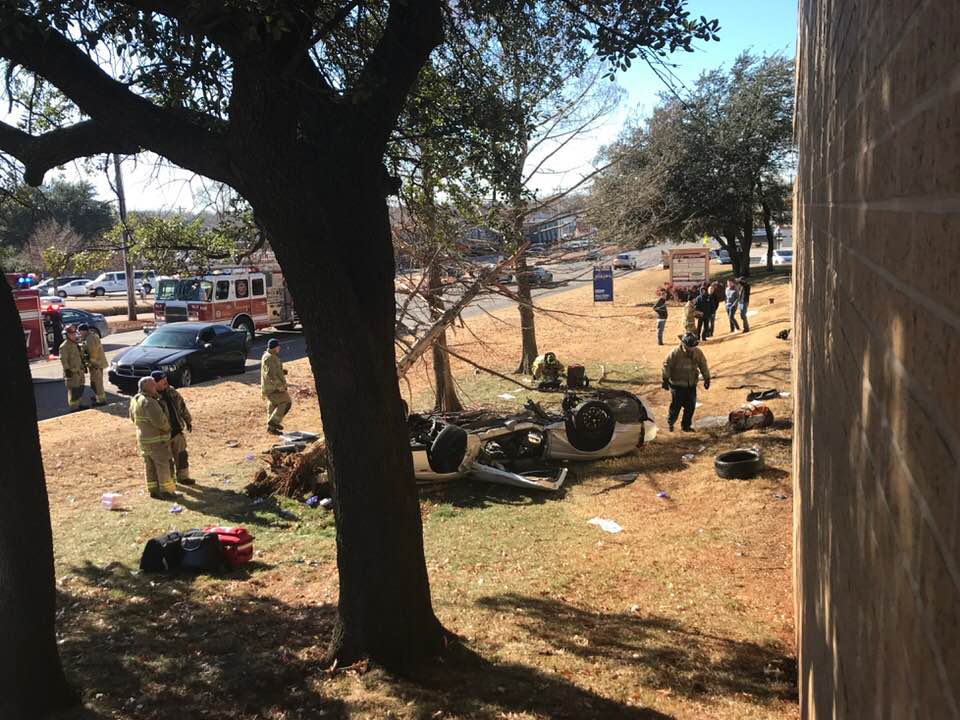At ISG we pride ourselves on being different. Why? Because we believe “be prepared…” is an incomplete sentence. Find out how to finish it.
Introduction
This last week, we spent traveling, meeting with friends and family alike, and discussing a variety of topics that orbit ISG.
Sometimes when you discuss things with like minded people, you tease out subtle facts you otherwise wouldn’t have put into the ideal words. Not only does the reinforce some of our core concepts, such as “develop interpersonal skills” and “always discuss important matters with those you trust”, but it helps us bring our method of explanation to the next level by providing feedback that explores different routes of arriving at the same conclusion.
If you’ve been here a while you know this as well as we do:
It’s nearly impossible to briefly summarize what ISG is about.
When we do try and send out an ‘elevator pitch’, it fails to do ISG justice. How do you communicate complex topics, philosophies, training modalities, and life-or-death preparedness in 15 seconds?
Preparedness

The strange gray-space ISG occupies means we don’t easily fit into a category that people recognize. We’re not preppers, mechanics, hunters, survivalists, gun guys, martial artists, or hobbyists, and you, as a part of the community, probably aren’t either. You may do those things, but limiting who you are to those descriptions is not articulating that the whole is greater than the sum of its parts… there’s something that’s missing.
Why?
Because “Be prepared…”, our guiding principle, isn’t a complete sentence. What we are capable of isn’t what we are… it’s what we do with those skills.
The other half
ISG emphasizes readiness in every way: tactical, technical, mental, and physical.
As a part of our mission as the face of the ISG philosophy, this serves two purposes:
- It generates a self-selected audience who already generally believe that self-development is rewarding, and;
- It brings people who are strong, capable, and motivated into the ISG community.
Plenty of other organizations do this as well, at least superficially.

What we want to emphasize is that we’re aren’t telling you to ‘Be prepared’ so you can sulk in a bunker during some impending collapse. We spend a good amount of time discussing why those events – while worth considering – are not the most likely disruptions and how to prioritize to address them without fear and panic.
Why do we want you to be prepared?
The other half of “be prepared…” is “…to help“. Be prepared to help. That’s what makes us different.
For what?
We circle many of our topics back to “Understanding Emergencies“, and the reason is that it gives us a way of truly understanding threats and how we address them. This is problematic because we exist on the fringes of an industry that’s selling you fear, not rationale.
We build on the foundation of Understanding Emergencies by applying “Spheres of Violence“, because we have to approach these situations as we are: citizens who are capable of acting as first responders. That means entirely rethinking the way many of us were trained to do things… and being ready for both the actions and consequences.
If it isn’t clear, we organized ISG so that you can build ‘group up’ skills that will cover the bases from the most difficult position first. If you happen to be (or decide to become) a first responder, operator, service-member, or police officer, the template and framework will *still* apply, and whatever learning you do in those roles will simply add more specific competence to your overall skill base.
We emphasize mobility, medical, protection, security, and primitive skills because if you can develop them, the areas in which they overlap will make you more capable. For example, the “exit protocol” from mobility overlaps with medical when you happen upon a car wreck. Not stepping into traffic, or getting nervous and forgetting to park is a serious threat. Furthermore, we draw on primitive skills to recognize the priority of treatment: oxygenated blood and protection from the elements (which can cause or exacerbate shock, etc).
What we are doing is creating a web through which problems can’t pass.
With those, we discuss skill, philosophy, mindset, and equipment only to facilitate the end goal of ISG: to create competent people who, when all else fails, can rise to the challenge, and help those in need.
‘Be Prepared to Help’

The point of being prepared isn’t to simply survive. It’s to retain our culture, our humanity, and our way of life. No matter what the scale of the emergency (Type I, II, or III) the ISG way is to have some solution to offer – even if it’s just composure and facilitating the better qualified to do their work.
Every generation has its struggle, and eventually, those struggles will become insurmountable. Our society will fail. It may be 8 years from now, it may be 800, but with a living philosophy of quiet capability, the ISG culture is meant to bring small pockets of stability that can be built on… built with trust, respect, competence, and capability.
We aren’t looking to simple outlast catastrophes. Our goals, as you know, are threefold:
- Continually improve
- Be an asset
- Carry the Fire
When we combine these things, the ISG philosophy falls flat without having a purpose. That purpose is being of use to your people.
Go forth and complete the sentence. Be prepared to help.
Cheers,
ISG Team
Special thanks to Shaun M.








